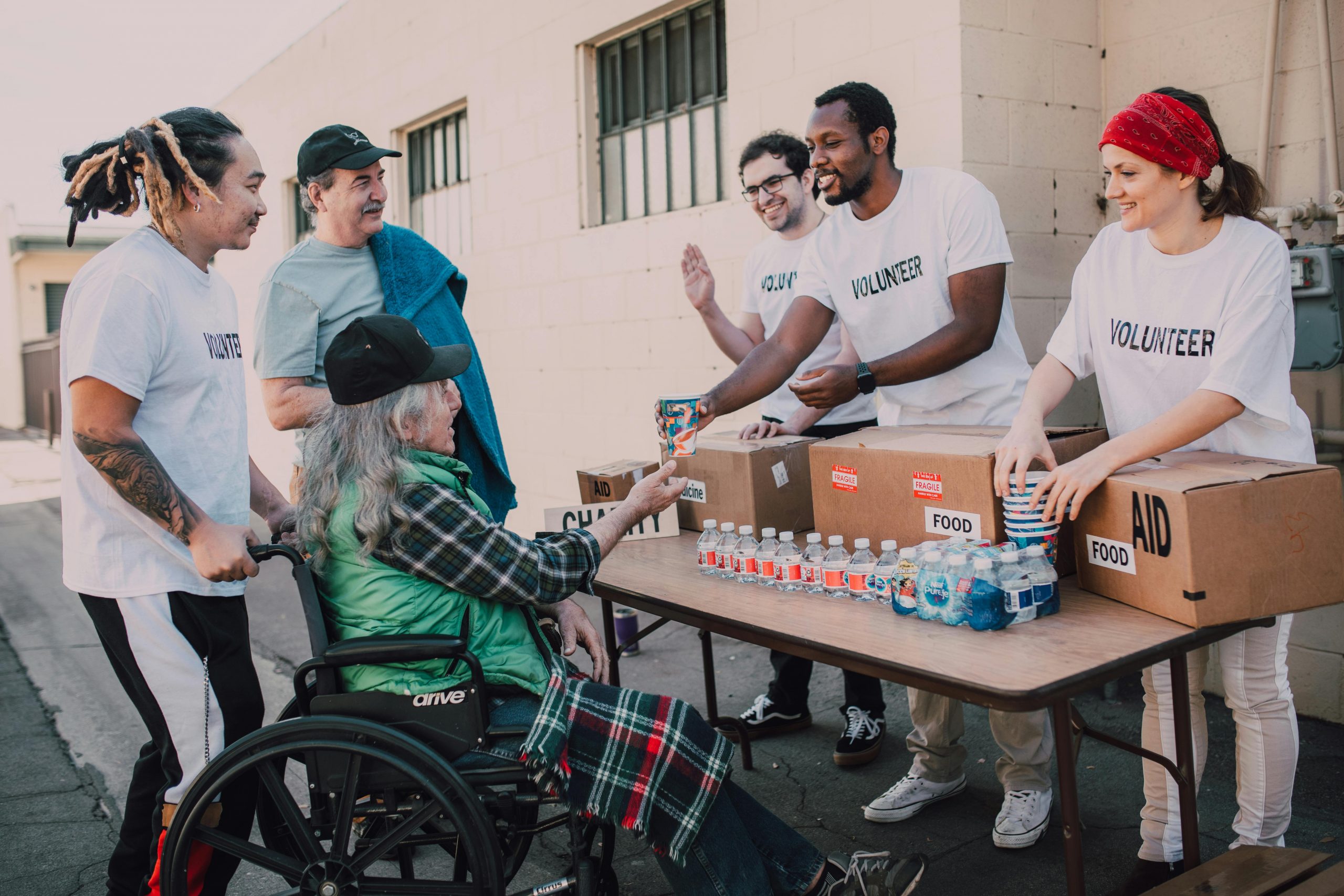In every community, workplace, and family system, there are people who naturally step forward to help. They are the caregivers, the fixers, the encouragers, the “strong ones” others rely on during crisis and chaos. They offer emotional support, physical care, problem-solving, and presence, often without hesitation.
But here’s a truth many helpers never hear enough:
Even helpers need help, too.
In my work with caregivers: parents, nurses, teachers, mental health professionals, ministry leaders, adult children supporting aging parents, I’ve seen the same painful pattern:
They pour from an empty cup.
They give long after they’ve run out of energy.
They show up for everyone except themselves.
And when the exhaustion catches up with them?
They blame themselves for not being “strong enough.”
But compassion fatigue is not a weakness.
It’s not failure.
It’s not a lack of resilience.
Compassion fatigue is a signal:
Your empathy needs boundaries.
Your body and mind need recovery.
Your heart needs the same support it so freely offers to others.
What Is Compassion Fatigue?
Compassion fatigue is the emotional, mental, and physical toll that comes from supporting others who are struggling, hurting, or in crisis. It’s often described as:
- “The cost of caring.”
- “Emotional residue.”
- “Burnout for the helpers.”
Signs may include:
- Feeling emotionally numb
- Irritability or short temper
- Difficulty concentrating
- Trouble sleeping or chronic exhaustion
- Withdrawing from others
- Feeling guilty for taking time for yourself
- Loss of joy in things that once felt meaningful
These symptoms can appear slowly over time, or suddenly, after “one more thing” pushes you past your limit.
Why Helpers Are at Higher Risk
The most compassionate people are often the most vulnerable to compassion fatigue, not because they are weak, but because they have big hearts, high empathy, and a sense of responsibility that doesn’t come with an “off switch.”
Many helpers also hold beliefs like:
- “They need me.”
- “I can handle it.”
- “I should be stronger.”
- “If I stop helping, everything will fall apart.”
When you’re used to being the stable one, it can feel unnatural to set boundaries, or to recognize when your own well-being has quietly slipped to the bottom of the list.
Boundaries Are Not Barriers—They’re Lifelines
Healthy boundaries are a way of honoring two truths at once:
You care deeply about others.
And you must also care for yourself.
Boundaries protect your energy, your emotional capacity, and your identity outside of caregiving. They allow you to:
- Say no without guilt
- Step back without abandoning
- Rest without apologizing
- Ask for help without shame
A helper without boundaries will eventually run dry.
A helper with boundaries can sustain their compassion long-term.
Rest Is Not a Luxury—It’s Necessary Maintenance
Helpers often believe rest must be “earned.”
But rest is not a reward; it is a requirement.
You cannot continue to heal others while ignoring your own healing.
You cannot continue to support others while neglecting your own emotional needs.
You cannot continue to pour from a cup that hasn’t been refilled.
Whether it’s therapy, respite care, spiritual support, community help, or simply carving out protected time to decompress—you deserve the same level of care that you offer so freely.
You Are Not Alone
If you are a caregiver, a helper, or someone who naturally steps into the needs of others, please hear this:
Needing help does not make you less capable.
Needing rest does not make you less committed.
Needing support does not make you less strong.
You are human.
And humans need tending, too.
Your compassion is a gift—but it is not limitless.
You deserve the same grace, boundaries, and care that you offer to others every day.
If you’re ready to take that step, therapy can help you rebuild balance, reconnect with yourself, and learn boundaries that support both your empathy and your well-being.
You don’t have to carry everything alone.
And you were never meant to.




